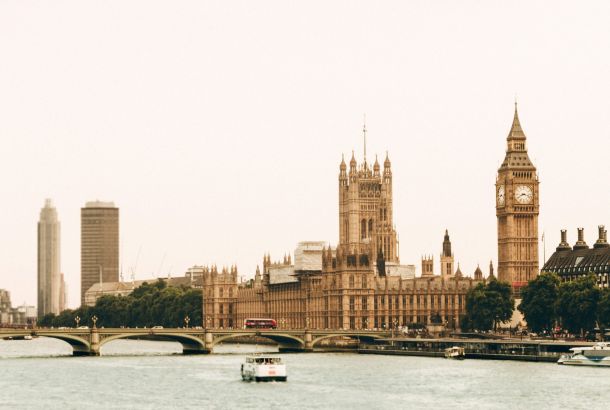Private university defies application slump whilst parent company has faced US investigation.
By Gareth Lewis
The private institution BPP University College has seen applications for undergraduate places soar by 139 percent this year, while most publicly funded universities in England have seen a substantial drop in applications.
The University welcomed the rise in applications, stating that it: “indicates that students still feel that there is quality, affordable education available to them in the UK.”
BPP recently announced it was offering degree programmes for between £5,000 and £6,000 a year for 2012-2013. With the government’s fee rise taking affect from 2012, this means that BPP will undercut the price of every degree programme from an English state funded university.
The coalition government has looked to encourage more private universities into the higher education sector. But there have been serious concerns raised about whether for-profit companies really have quality education as their first priority.
The Apollo Education Group, the US based company which owns BPP University College has been the subject of undercover investigations by the US Government Accountability Office over aggressive recruitment tactics and misleading information on graduate prospects.
The 2010 report alleged that Apollo’s “college representatives exaggerated undercover applicants’ potential salary after graduation and failed to provide clear information about the college’s program duration, costs, or graduation rate.”
“Admissions staff used other deceptive practices, such as pressuring applicants to sign a contract for enrollment before allowing them to speak to a financial advisor about program cost and financing options,” the report continues.
An even more damning report from the US Department of Education found that employees at Apollo’s University of Phoenix felt the institution lost all student focus and became solely profit driven after it was listed on the New York Stock Exchange.
Students at the University of Phoenix were reported to have been misled over the extent of government funding available to them to support their studies. The 2004 investigation also found evidence that the University “kept students in class even though they were unable to perform”.
The Department of Education’s figures show a graduation rate of 16 percent at the University of Phoenix, well below the national average of 55 percent.
Serious claims against Apollo’s business practices have been widespread. As far back as 2004, they were the largest focus of a series of investigations and reports by state and federal agencies.
Last year Apollo was fined $300 million for withholding from shareholders a damning report authored by the US Education Department that said the company was illegally paying recruiters on the basis of enrollment numbers.
Carl Lygo, CEO of BPP College has dismissed claims that introducing private providers into the education mix is a danger to the quality of UK universities.
“The US has some of the world’s best private universities: Harvard, Princeton, Stanford, MIT”, he says.
But there is a significant distinction in the US between private universities such as Ivy League institutions and the for-profit outfits that have been at the centre of educational and business malpractice allegations.
An American higher education advocacy group, the AACRAO, has been highly critical of the vast majority of these for-profit institutions. They are accused of “offering completely worthless programs” that “don’t meet the traditional standards of quality”.
“Millions of students have stepped forward to better themselves and ended up with crushing debt and no enhanced wage-making capability,” said Barmak Nassirian, associate executive director of the AACRAO.
BPP have insisted that their operation is entirely separate to the Apollo Group US and that strict government regulations ensure the quality of the education they offer.
Speaking to The Mancunion, a spokesman for the Department of Business, Innovation and Skills stressed that there was “quite a different regulatory system in the UK than in America at the moment but also we have the QA, the Quality Assurance Agency.” The QAA’s purpose is to “safeguard standards and improve the quality of UK higher education”, according to its website.
For its part, the academic community remains skeptical about the quality of education offered by private institutions like BPP. An open letter in the Daily Telegraph last month bearing the signatures of 500 UK academics warned that students would be offered “derisory graduation rates, crushing levels of debts and degrees of dubious value.”







